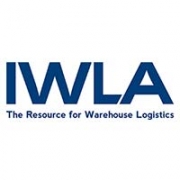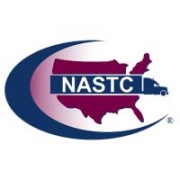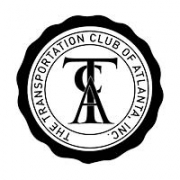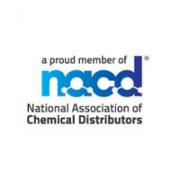During the recent Georgia Foreign Trade Conference Gov. Brian Kemp discussed how the new trade agreement with China has already benefited the Georgia Market. “As the nation’s largest poultry producer, Georgia stands to recapture a substantial portion of the Chinese market,” Kemp said. “Forty percent of all frozen poultry that leaves the United States does so through the Port of Savannah. Strong negotiations with China have paid off and present a substantial opportunity for producers in Georgia,” he said.
Chicken Feet
The first shipment of poultry – 50,000 pounds of Georgia-produced chicken feet – arrived in China in January. The governor added that cotton, animal feed, grain, peanuts and pecans, among other Georgia exports also stand to benefit from the Phase I trade deal with China, signed Jan. 15. In 2015 China banned U.S. poultry, prior to the ban the market was $500 million in annual sales for United States producers. The current market just for chicken feet is $835 million according to the USA poultry and egg export council.
Phase 1
The new deal requires China to focus more on preventing the theft of American technology and corporate secrets by state entities and companies. China claims punishments for intellectual property theft, such as larger fines and even imprisonment will prevent stealing. The deal also stipulates 200 billion dollars of goods to be purchased by china to balance out trade with the United States. The agreement allows China a two-year window to purchase the goods. In addition, the deal states that China is not able to manipulate currency and an enforcement system is included to make sure these rules are followed. In return the U.S. agreed to reduce tariffs on some Chinese products while keeping tariffs on $380 billion in goods to use as leverage for phase two of the deal. Several industries and consumers will benefit from the changes made so far.
Farmers
Phase one may only be a partial deal but it is still good news for both United States and Chinese economies. The tariffs imposed by the Trump administration were seen as necessary to change policy, but certainly had repercussions for the supply chain, businesses, consumers and farmers. Farm debt has reached a record high and farm bankruptcies are up 24 percent. In addition to lifting the ban on poultry China has agreed to lift the ban on dairy, infant formula, and beef which will all help farmers to sell more. $32 Billion of the $200 billion is to be allocated for agricultural products.
Financial Institutions
The agricultural industry is not the only winner in this new deal. The stock market had a record day when the deal was signed and is continuing to grow. The banking industry is also benefiting from new policies that will allow them to enter China without partnering with a local bank. JP Morgan Chase has already been planting seeds to grow in the Chinese market.
Natural Gas
When the Chinese economy recovers it is predicted that their energy consumption will rise exponentially, and this will drive demand for natural gas.
Tech Companies
The Tech industry dodged a bullet with phase one changes. The next round of tariffs Trump planned to implement were on cellphones, laptops and other tech products made in China. In the new deal those tariffs will never be put into place.
Retailers
Many of the products on the shelves have had their tariffs reduced from 15 percent to 7.5 percent and some products, such as toys, escaped new tariffs headed their way.
We have yet to learn what phase two will bring and there are still hurdles to our recovery. Economists calculate that the U.S. and China trade war prevented growth of 3 percent last year ($65 billion) and the remaining tariffs will continue to hinder growth by $85 billion in 2020. While we wait for phase two, we can rejoice in the recovery we are making and the progress our government has made so far.






